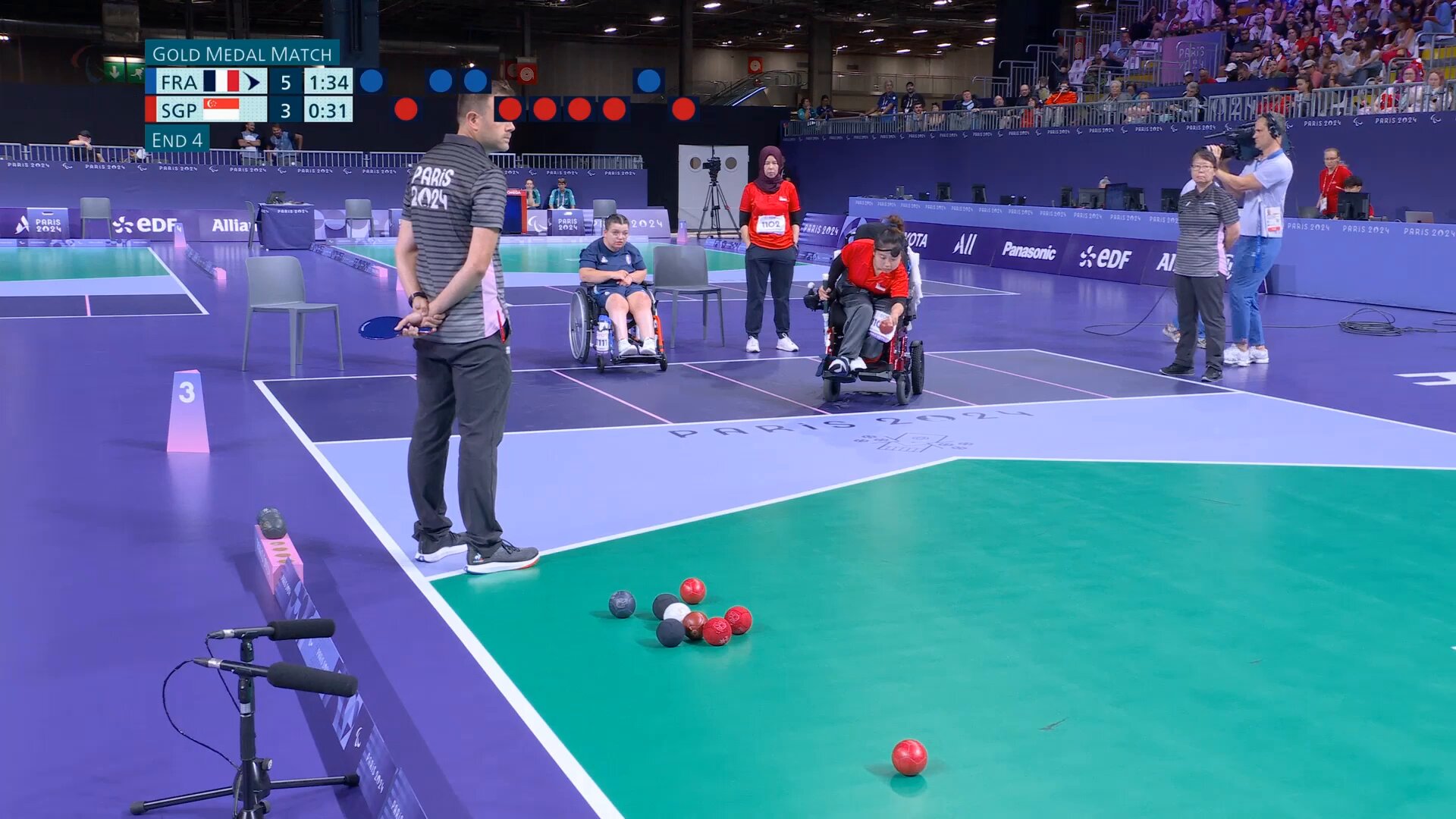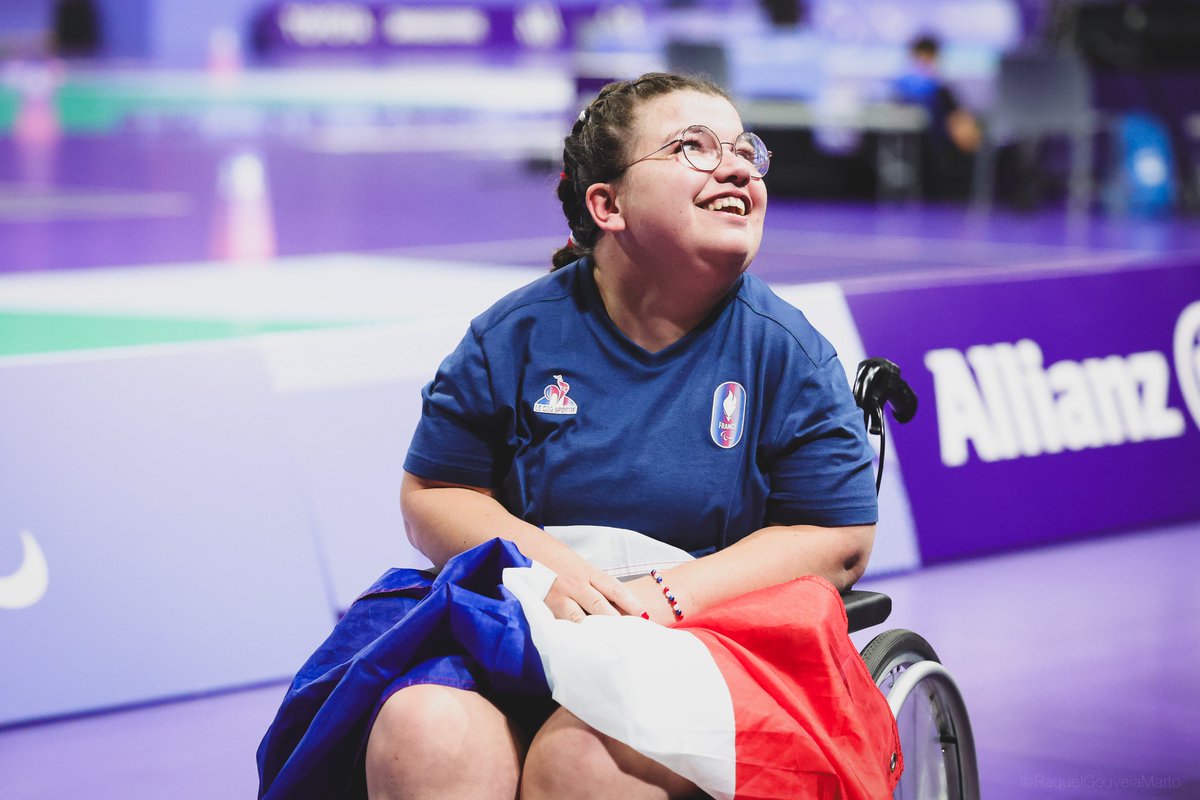At the Paris Paralympics 2024, French athlete Aurélie Aubert’s gold medal in boccia captured the nation’s attention and sparked a wave of excitement across France. Aubert, who has cerebral palsy, competed in the BC1 category and secured France’s first medal in this challenging sport. Her strategic and precise gameplay, akin to a tactical chess match, was met with enthusiastic celebrations from French supporters, marking a significant moment in the country’s parasport history.
The Games were a major success, with nearly 2.5 million tickets sold, over 90% of which were bought by French residents. This high level of local engagement, combined with record TV viewership and an increased gold medal count for French athletes compared to the Tokyo Games, highlighted a newfound enthusiasm for parasport. This boost in national pride and support has set the stage for France to strategize and expand its focus on parasport leading up to the Los Angeles 2028 Paralympics.

Aurélie Aubert’s Historic Gold Sparks Nationwide Excitement at Paris Paralympics 2024
Despite this enthusiasm, challenges remain. Just before the Games, only 1.4% of France’s sports clubs were equipped to include people with disabilities. This reveals a critical need to improve accessibility and inclusivity in sports, addressing a historical lack of funding and support for parasport in France. The Games have illuminated the disparity between the level of training and resources available to French athletes compared to their international counterparts.
In addition to individual successes, such as the notable achievements of para-cyclist Alexandre Léauté and swimmer Emeline Pierre, the Games have showcased a broad spectrum of French talent. Léauté emerged as France’s top medal-winner with two golds and two bronzes, while Pierre, a former gymnast, achieved gold and bronze in para-swimming. The visibility and support provided by the Games have been pivotal for these athletes and the broader parasport community.
Emerging stars like Djelika Diallo in taekwondo and other para-athletes have drawn increased public interest and anticipation for future competitions. The Paris Games have helped shift the focus from viewing Paralympic athletes as “superhuman” to recognizing their skills and dedication as athletes on par with their able-bodied counterparts. This change in perception underscores the growing acceptance and appreciation for parasport in France.
Writer Jonathan Bouchet-Petersen has emphasized that the enthusiasm generated by the Paris Paralympics should serve as a catalyst for broader societal change. The Games have introduced a new vocabulary and level of acceptance that should lead to greater inclusivity for the 12 million French people with disabilities. The challenge moving forward is to ensure this momentum translates into lasting improvements in how people with disabilities are integrated and valued in French society.











































